A properly installed cobblestone patio with adequate drainage will go a long way in preventing weeds; however, sealing pavers with a joint stabilizing sealant will harden the sand in the joint and make it very difficult for weeds to grow. When you apply a sealant to pavers, it gives them a clean, damp appearance with a glossy finish, depending on the finish of the sealant you use. It will not alter the color of the paving stone, but will highlight the tone of the material and improve the color of the pavers. In addition, the color will continue to look new because sealants provide protection against UV rays that can cause discoloration.
Sealing pavers is the most beneficial thing you can do to ensure that they last longer, remove stains and maintain their beauty. If you choose not to seal pavers, they can suffer the effects of erosion, weed growth, mold or mildew build-up, discoloration, and may become loose. Paving stone sealant is an excellent tool for keeping cobblestone driveways, patios, walkways and pool decks in perfect condition, but it's not always necessary. A few years later, Cambridge had people seal between the cobblestones to prevent sand and dirt from coming out.
Choosing to seal pavers not only keeps the color intact, but it can also increase the vibrancy of the colors. The pros and cons of sealing your pavers have to do with how you want the final product to look when you finish using it. If you seal pavers properly, the surface of your walkways and patios will become smoother and easier to maintain. If your sealant is breathable, you don't have to wait at all and you can seal your paving stone immediately after placing it.
If you're familiar with the process of placing stones or pavers for a path or patio, you can seal the work without much effort. There is no need to seal the walls, but you may want to seal the covers when using them in places where they can get stained (such as a seat wall or the top of a kitchen or bar). Techniseal Paver Prep will help eliminate efflorescences and will also chemically prepare the pavers for the sealant, allowing optimal penetration. After all, pavers are exposed to the same elements as a driveway, deck, porch, and patio, so while sealing is an optional maintenance step, it certainly makes them easier to clean.
Paving stone sealant is an important maintenance tool to make patios, walkways, driveways and pool decks look as beautiful as the day they were installed. When you seal them, you can clean them with Techniseal Paver Prep to remove any dirt that has accumulated since installation and to allow the sealant to penetrate as much as possible. However, for best results, use Techniseal HD Paver Prep, which will dissolve efflorescences, remove accumulated dirt and chemically prepare pavers to accept the sealant. If you're thinking about sealing your pavers, there are two types of products to choose from: solvent-based and water-based sealants.
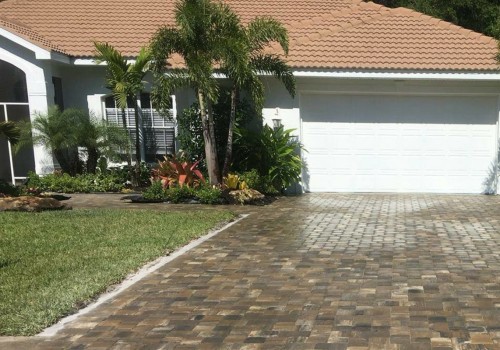
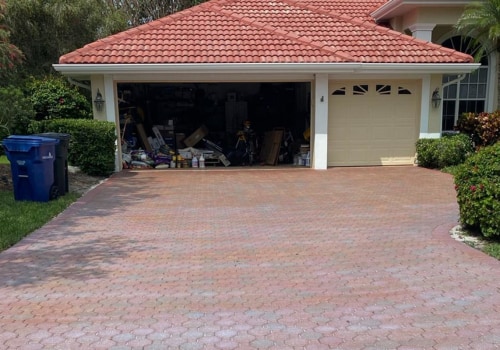
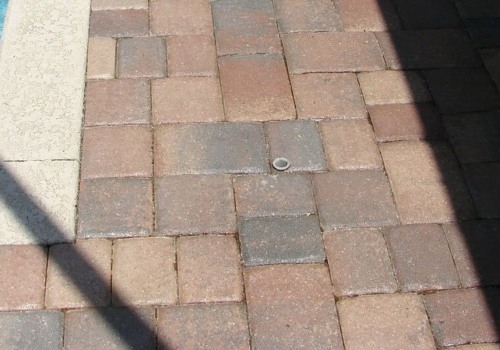
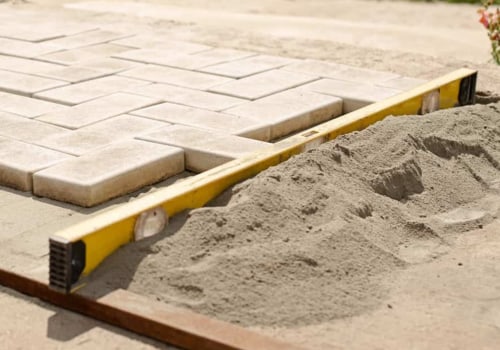


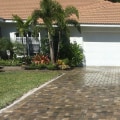
Leave Message